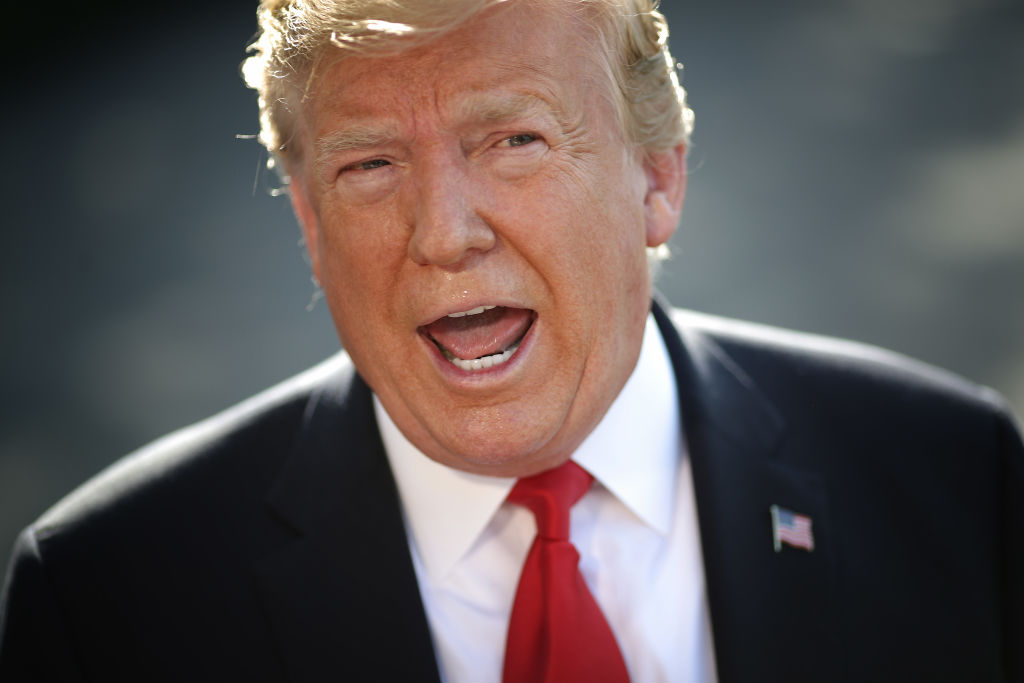September 8, 2025
Unfettered Power: Trump's Coercive Policies Span From Global Trade to Domestic Law

In a recent series of controversial actions, President Donald Trump has wielded the United States' trade and federal policies as tools for personal and political coercion, raising significant concerns about the extent of presidential power. From imposing tariffs to threatening federal funding, Trump's approach has sparked a debate over the limits of presidential authority in domestic and international affairs.
The catalyst for this intense scrutiny was Trump's decision to impose a 50% tariff on Brazilian imports in response to Brazil's prosecution of former President Jair Bolsonaro for alleged involvement in a coup. This move by Trump highlights a startling use of trade policy as a lever of political pressure, disconnected from economic objectives.
Trump's coercive reach doesn't stop at international borders. Domestically, he has threatened to withhold federal funds from states that maintain cashless bail systems—a policy he opposes despite having benefited from it himself. This threat extends to potentially cutting off all federal support, a sweeping action that could affect countless programs and services.
The implications of Trump's policies are also felt in the education sector, where universities face federal fund cuts for what the administration deems as discriminatory practices in diversity programs. This could potentially extend to withdrawing support for unrelated areas like medical research, further demonstrating the broad scope of coercion.
Legal institutions are not immune to Trump's expansive view of presidential power. Law firms engaged in what the government perceives as vexatious litigation could face severe restrictions, impacting their ability to represent clients and participate in legal proceedings.
Moreover, Trump's administration has demonstrated a readiness to bypass typical judicial processes, as evidenced by the military action against a boat carrying Venezuelans suspected of drug trafficking. This preemptive strike was ordered without formal charges or arrests, raising grave concerns about due process and the proportionality of such measures.
The overarching question is whether the presidency should have such unrestrained capability to impose its will, potentially overstepping constitutional bounds and ethical standards. Trump's actions have not only strained international and state relations but also posed fundamental challenges to the principles of federalism and the separation of powers.
As the nation grapples with these issues, the balance between necessary federal authority and the preservation of individual and state rights remains a critical and contentious point of debate. The ongoing situation underscores the need for a careful reassessment of the powers granted to the executive branch and the potential for their misuse.